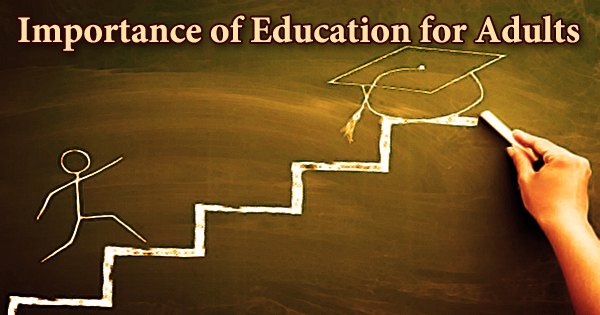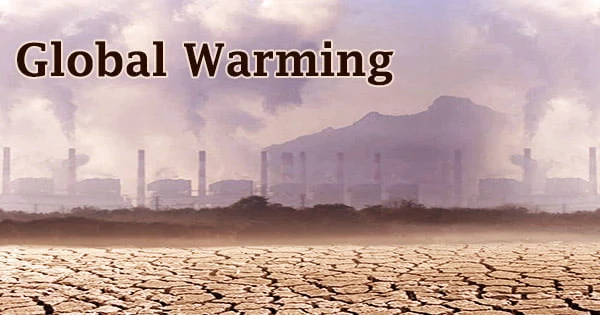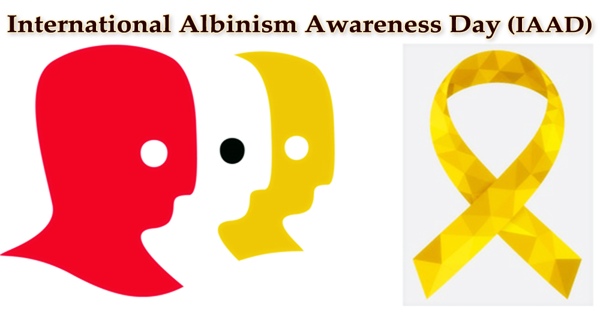Education is a privilege that not everyone is afforded. Many that do it don’t often recognize it until it’s too late. One of the most distinguishing features of education is that it is ageless. There is no such thing as being too young or too old to be taught. Adult education is an activity in which adults in a group participate in learning programs in order to acquire new skills, knowledge, or even personality traits. It’s a place where adults can put their years of experience and education to good use by learning new skills for a brighter future. Adult education can also include classes for adults who have never had the opportunity to attend school but want to learn for the sake of integrity and development. After all, education is a lifelong journey, and for certain individuals, the best form of education may be discovered later in life. Adult education is necessary for a better society in the sense that more of us would be able to enjoy work, leisure, driving, and self-worth as a result of it. Adult education improves a country’s workforce’s skills and awareness. Individuals’ earning power and, as a result, the government’s tax revenue will increase as a result of this. As a result, it helps people and their families escape poverty. Increased taxes enable the government to provide more programs and benefits to those who are unable to escape poverty on their own. Adult education’s main goal is to help workers develop their skills and learn new ones. It allows adults to retrain in the aftermath of the economic downturn, which is especially relevant for people who may continue to work past retirement age and require assistance in training for a new job. Adult education also provides certifications for learned skills, which can lead to better work opportunities and opportunities for social and financial growth. Adult education has no age or gender limits, and men and women as young as their twenties and as old as their sixties have enrolled for the pure joy of learning and development. More than 207 million students are enrolled in graduation programs in different fields around the world, but there are still 750 million adults who have never been in a classroom. Women, on the other hand, account for 68 percent of all adults who are illiterate. One out of every five adults (20%) has never attended school and cannot read or write. Adult illiteracy is also prevalent in the Asia Pacific (22%), North Africa (41%), and Sub-Saharan Africa (41%). Adult literacy rates are below 70% in thirty countries, 22 of which are in Sub-Saharan Africa. Adults who chose to continue their education later in life have been shown to be more open-minded and respectful of differences, and several studies have shown that more educated people are more trustworthy and compassionate. Individuals with more education are also more likely to be engaged citizens: according to the European Social Survey, each additional year of education increases a person’s likelihood of voting by 3%.
Adult education’s purpose in every community is to provide educational opportunities for people who want to improve their general education or learn a new skill that they have not previously learned. People have had to leave their formal education process early for a variety of reasons, including the need to find work to sustain themselves, sickness, or a desire to change their minds. Or they may have completed a substantial amount of schooling, including graduate degrees, but now wish to pursue a new subject as an adult and need a stronger foundation in subjects such as mathematics that they did not study in their youth. Adults who are already working in a variety of fields, as well as those who have never attended school and are looking for formal jobs, benefit from formal education. Based on the credits, a technical degree, diploma, or credential is awarded to make the adult employable or develop his professional skills. The key beneficiaries of this form of education are people who have never attended school and lack the necessary skills or qualities to be employed on a regular basis. Adults attend specialized training courses in trades, crafts, agriculture, computers, and other areas to develop their skills, which they can then use to find work or start their own small business. Informal Adult Education aims to increase public knowledge and help people grow their personalities. It educates people about traditions and rituals, other cultures, safe and hygienic living methods, village or neighborhood health services, basic amenities, and citizen rights. Informal Adult Education can cover a wide range of social and political concerns. Despite the lack of formal certification, illiterate adult education aims to improve individual skills that can be used to earn a living, raise social status, and conduct everyday transactions. Adult education is important for mental stimulation. Most people assume that when we get older, our minds begin to lose their sharpness; however, this is not the case. If a person does the same job from the age of 25 to 35 without attempting to challenge themselves with new topics and information, their mind will begin to deteriorate. For those who take advantage of today’s educational system, adult education may have a wide range of benefits. Learning as an adult boosts self-esteem and knowledge, which shifts one’s outlook on life. It gives students a broader perspective of the world, allowing them to change in many areas of their lives. A trained and professional adult can find gainful employment or engage in business activities, eventually contributing to the nation’s economy. Adult education also improves the nation’s health and sanitation, resulting in higher living standards and the abolition of poverty and suffering. It has an effect on not only one’s ability to learn, but also on one’s entire life in terms of body, mind, and soul; so many advantages come to the adult learner.
















